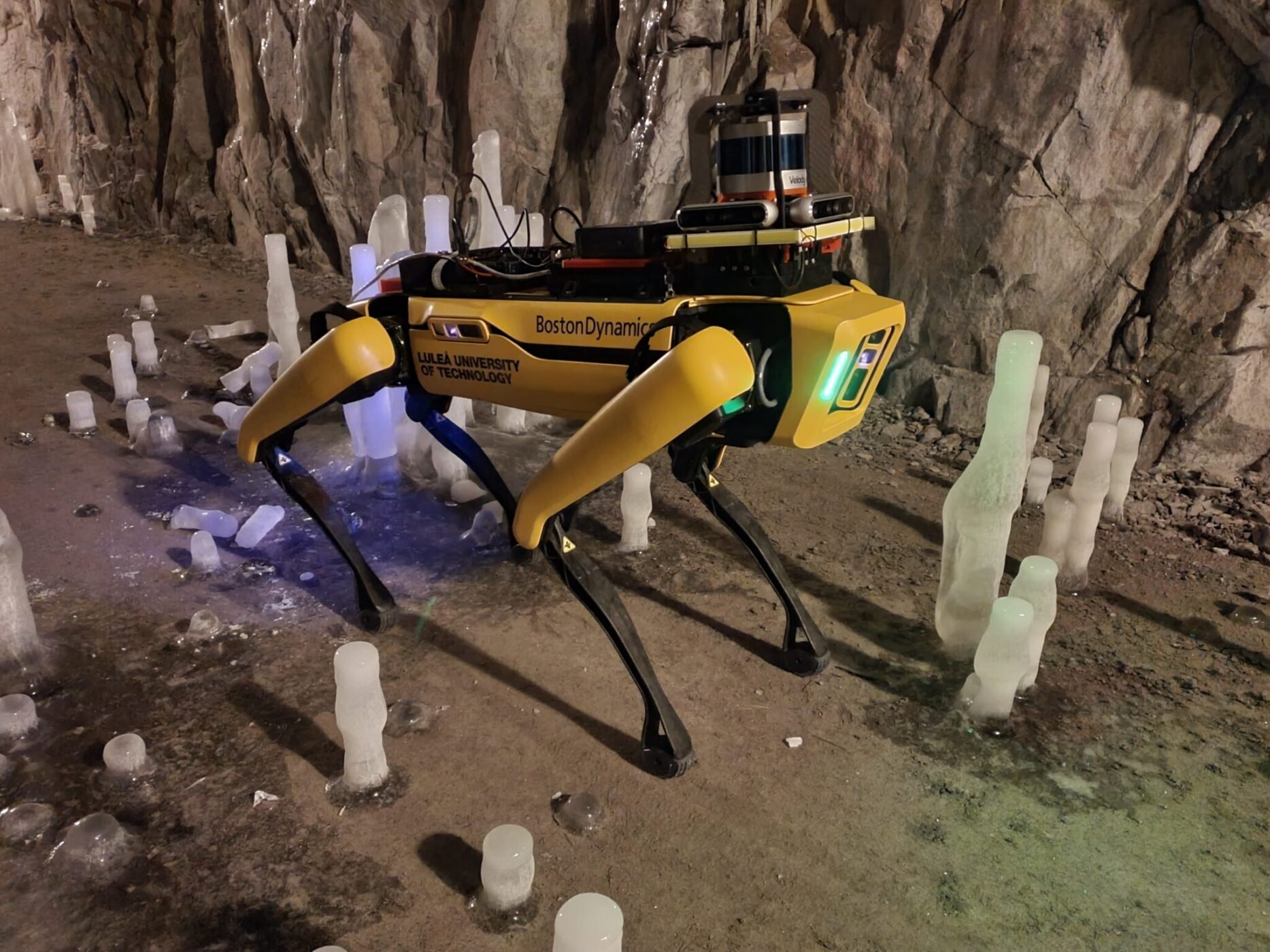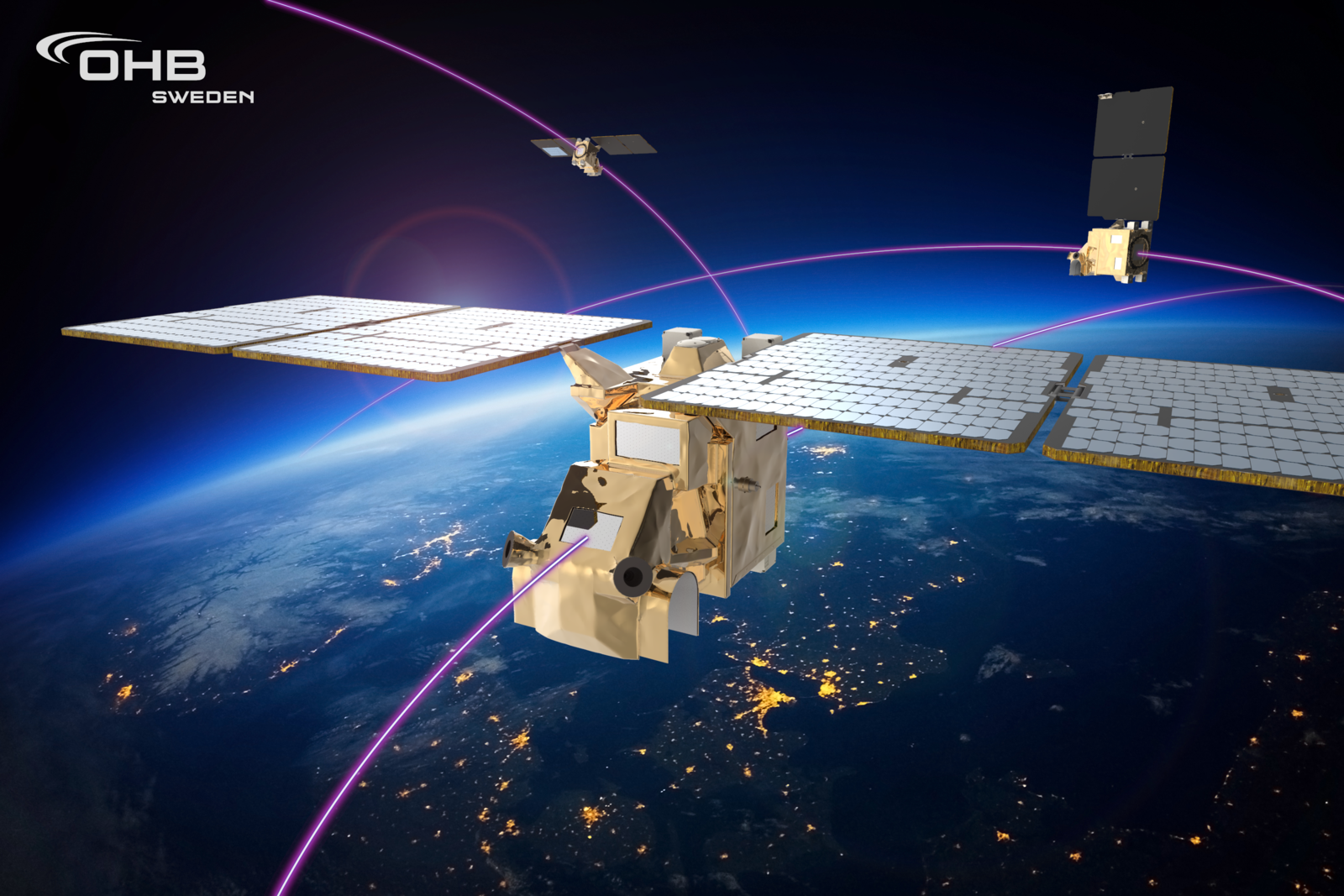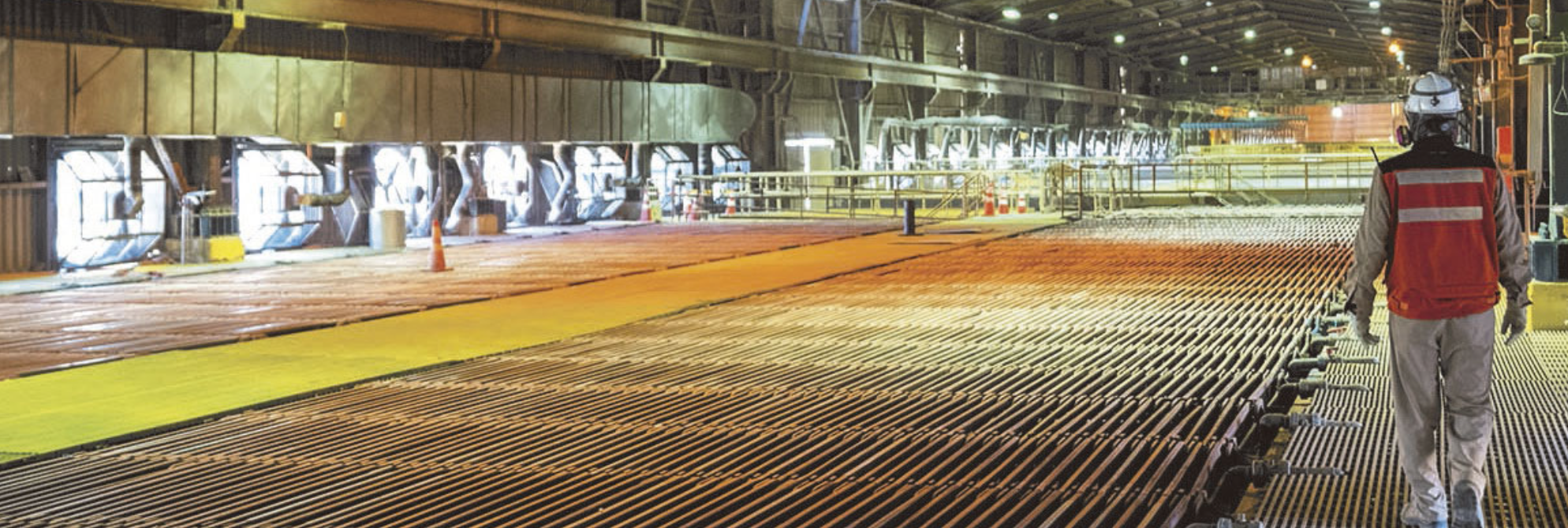Aiming to develop tomorrow's autonomous mining
/Our new National project funded from Vinnova on advancing autonomy of mining vehicles.
Luleå University of Technology is now strengthening its research programme to meet the need for deeper, safer and smarter underground mines. The AI and Robotics research group, together with Epiroc, the Swedish manufacturer of mining and infrastructure equipment, and the tech company Algoryx are now challenging today’s limits in autonomous navigation in a new project.
Project name: ReNam
Financed by: Vinnova
Project aim: Make mining machines more autonomous
Project partners: Epiroc and Algoryx
Coordinator: Luleå University of Technology
Duration: Jan 2023 – Dec 2025
“We are doing so much more than autonomy, essentially, we are accelerating equipment to a new level of technology. The overall quality of Swedish mines, efficiency and safety will be unparalleled”, George Nikolakopoulos says, Professor of Robotics and AI, at Luleå University of Technology.
The brand-new project, will contribute to a new generation of underground mining equipment with improved autonomy capabilities for mining at great depths.
Mining at greater depths
The global mining industry is facing increasing demand for metallic commodities, especially rare earth metals, which play a crucial role in the transition from fossil to renewable energy sources. However, the majority of newly discovered ore deposits are located far down in the ground, at depths of more than 300 metres, and in Sweden there are now plans to mine at depths of more than 2,000 metres. However, mining at these depths involves increased risks and significantly higher costs for creating a safe and good working environment in the mine. This is where autonomous vehicles can reduce the risk for workers and make mining cheaper because you don't have to install the same kind of infrastructure to make the mining environment safe for workers.
” One of the most important technology shifts in the mining industry involves automation solutions enabling operators to work remotely from safer and more accessible environments. This requires new systems which give the machine "eyes and ears" to assist the operator. The development of these systems is complex and can only be successful through close collaboration between academia, small technology firms and machine suppliers”, Oskar Lundberg says, Global Innovation Manager, Epiroc Underground Division.
“Through realistic simulations, where the AI can be trained on the whole system (the machine) with its environment and real forces, contacts and behaviours, with safety in mind, the outcome will be hugely superior to most projects we see in the world. To be successful, collaboration between universities, high-tech and industrial companies is extremely important”, Urban Wikman says, Business Director at Algoryx.
Autonomous mining machines
In deep underground mine galleries, the worksites will have no access to GPS signals – a limitation that increases the need for independent machine perception and control. Therefore, the mining machinery must be able to work autonomously if it is to be operated without human interventions. However, today's autonomous underground mining equipment is still insufficiently capable of reading their surroundings as well as planning routes and movements autonomously. In the Vinnova- funded ReNAM project, the AI and Robotics research group and their industrial partners will develop and validate advanced sensor technology and autonomous control technology for mining vehicles. The research will be centered around a few typical use cases, which in combination will give a good indication of the technology's performance in real mining situations.
From digital twins to physical machines in a test mine
As a first step, realistic digital twins of mining machines and surroundings will be modelled in a physics-based simulation environment, provided by Algoryx. Once the sensor- and AI-equipped virtual mining machines have been improved to the point where they can solve tasks safely and reliably in the digitally simulated environment, the next step is to transfer the upgraded control systems to the physical mining machine and have it perform the same tasks in a real, physical test mine.
The goal of the project is to improve and validate two use cases that can both lay a foundation for future robotics research and contribute to Epiroc's future development of commercial products with fully developed machine autonomy.
Full article here: https://www.ltu.se/research/subjects/RoboticsAI/Nyheter/Utvecklar-framtidens-autonoma-gruvdrift-1.231404?fbclid=IwAR2xBuJUMsNcgK9XKMwEijKuRH5ALS9vjkSMHUEJUm2rAH4alBvgxKHZADw&l=en

















